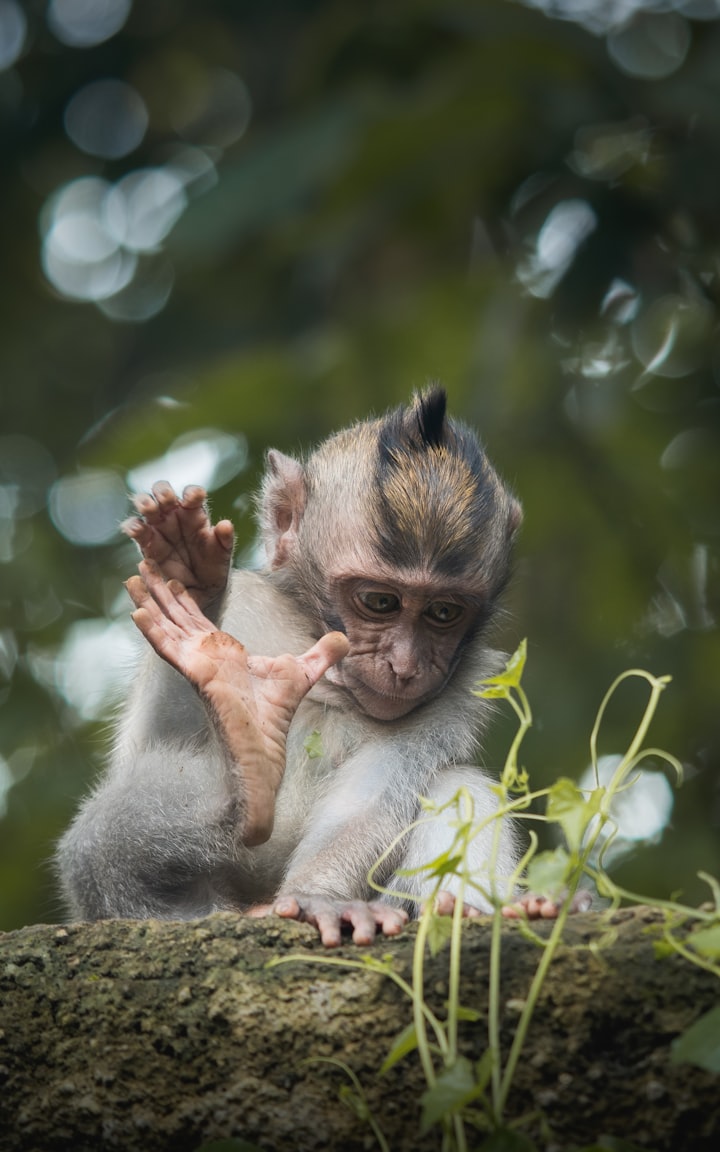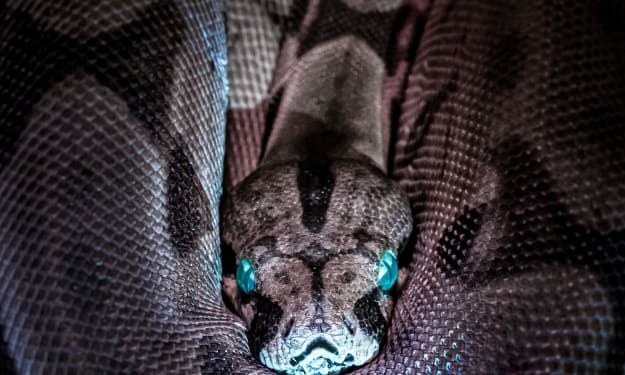Exploring the Fascinating World of Rhesus Macaques: Physical Characteristics, Behavior, and Conservation
Unlocking the Secrets of the Rhesus Macaque: An In-depth Journey into their Physical Features, Social Dynamics, and Environmental Concerns

Rhesus Macaque
Introduction
The Rhesus Macaque is a fascinating primate species known for its unique characteristics and behavior. In this article, we will explore the physical features, habitat, behavior, diet, reproduction, social structure, communication, intelligence, threats, conservation status, interaction with humans, scientific significance, and some interesting facts about the Rhesus Macaque.
Physical Characteristics
The Rhesus Macaque is a medium-sized monkey with a robust build. They have a short, golden-brown fur that covers their body, while their face and buttocks are pinkish-red. Their tail is relatively short compared to their body length, and they have cheek pouches that they use to store food.
Habitat and Distribution
Rhesus Macaques are native to South, Central, and Southeast Asia. They can be found in a variety of habitats, including forests, grasslands, and even urban areas. They are highly adaptable and can thrive in different environments.
Behavior
Rhesus Macaques are highly social animals that live in troops ranging from a few individuals to several hundred. They have a strict hierarchical structure, with dominant males occupying the top positions. They communicate with each other using various vocalizations, facial expressions, and body postures.
Diet and Feeding Habits
Rhesus Macaques are omnivorous, and their diet consists of fruits, leaves, seeds, insects, small vertebrates, and even human food in urban areas. They are opportunistic feeders and can adapt their diet based on the available resources.
Reproduction
Female Rhesus Macaques reach sexual maturity at around three to four years of age, while males become sexually mature at around five to seven years. They have a hierarchical mating system, where dominant males have more access to females. The gestation period lasts around five to six months, and typically, a single offspring is born.
Social Structure
Rhesus Macaques live in complex social groups, consisting of multiple males and females. The social hierarchy is based on dominance, with the alpha male holding the highest rank. Female relationships are strong, and they form close bonds with their offspring.
Communication
Rhesus Macaques have a sophisticated communication system. They use various vocalizations, such as coos, barks, and screams, to convey different messages. Facial expressions and body postures also play a crucial role in their communication.
Intelligence and Problem Solving
Rhesus Macaques are known for their high level of intelligence. They have been extensively studied in the field of cognitive research due to their ability to solve complex problems and use tools. Their cognitive skills are comparable to those of other highly intelligent primates.
Threats and Conservation
The Rhesus Macaque population faces several threats, including habitat loss, hunting, and capture for the pet trade. Additionally, they are often involved in conflicts with humans due to their adaptability in urban areas. Conservation efforts are focused on protecting their natural habitats and raising awareness about their ecological importance.
Interaction with Humans
Due to their adaptability and close proximity to human settlements, Rhesus Macaques often come into contact with humans. While they can be viewed as pests in some areas, they also hold cultural and religious significance in certain societies. Balancing their presence and managing potential conflicts is an ongoing challenge.
Research and Scientific Significance
Rhesus Macaques have been instrumental in various scientific studies and have contributed to our understanding of primate behavior, genetics, and disease research. They have been used as animal models for studying human diseases, such as HIV/AIDS and Alzheimer's.
Interesting Facts
Rhesus Macaques are excellent swimmers and are known to dive into water bodies to cool down or escape predators.
They are skilled climbers and spend a significant amount of time in trees.
Rhesus Macaques have a lifespan of around 25 years in the wild and can live longer in captivity.
They have cheek pouches that they use to store food while foraging.
Rhesus Macaques are known for their adaptability and have successfully colonized various environments.
Conclusion
The Rhesus Macaque is a remarkable primate species with a wide range of physical and behavioral traits. Its ability to adapt to different habitats, complex social structure, and cognitive abilities make it an intriguing subject of study. However, it is crucial to address the threats they face and promote conservation efforts to ensure their long-term survival.
FAQs
1. Are Rhesus Macaques dangerous to humans?
Rhesus Macaques can become aggressive if they feel threatened or provoked. It is important to maintain a safe distance and avoid direct interaction with wild macaques.
2. Can Rhesus Macaques be kept as pets?
Keeping Rhesus Macaques as pets is generally not recommended. They have complex social needs and require specialized care that is difficult to provide in a domestic setting.
3. Do Rhesus Macaques have any predators?
While adult Rhesus Macaques have few natural predators, they are vulnerable to large cats, such as tigers and leopards, as well as crocodiles and pythons in certain regions.
4. How do Rhesus Macaques contribute to medical research?
Rhesus Macaques share a significant genetic similarity with humans, making them valuable animal models for studying diseases and developing treatments.
5. Can Rhesus Macaques be found outside of Asia?
Rhesus Macaques are primarily found in Asia and have not been introduced to other continents in significant numbers.
About the Creator
Sana Ullah
Hi,
i am talented writer in crafting articles on a wide range of topics. With a passion for knowledge and a keen interest.my ability to engage readers and convey complex ideas in a clear and concise manner sets them apart for writer.






Comments
There are no comments for this story
Be the first to respond and start the conversation.